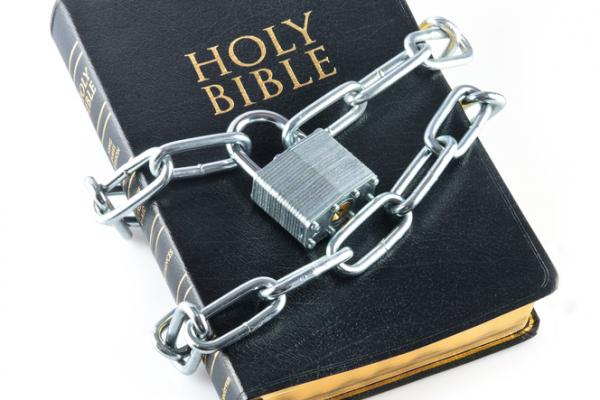I cherish Christian friends and friends who practice other religions. With both groups I share the struggle to love God wholeheartedly, love my neighbors, hear and obey the Spirit’s promptings. In both groups I encounter some distrust of members of the other group. Some of my conservative Christian friends say non-Christians in the United States today are persecuting Christians. Some of my non-Christian friends say American Christians are privileged and are persecuting non-Christians. Both groups get outraged.
I don’t see American Christians being persecuted. American Muslims (and, to some extent, Sikhs) sometimes suffer surveillance, police harassment, and violence at the hands of angry and ignorant people. Some attackers may be Christians, though I think — and hope — that they’re motivated by fear and xenophobia more than religion. American Christians are in a majority. We can claim our faith publicly without risking surveillance, violence or imprisonment.
That doesn’t mean we always have it easy. According to the standard privilege checklist I’m privileged as a Christian, underprivileged as a woman, but I’ve encountered more hostility and dismissal for being Christian than for being female. People tell me Christians are ignorant irrational anti-Semitic homophobic misogynist bigots. People assume these things about me when I say I’m Christian. People tell me jokes based on those assumptions. I think this says less about our culture’s specific anti-Christianity than about its general tendency to polarization.
I fear that arguments over religious privilege and persecution may blind us to the real challenge our culture poses to our attempts to live in faithful community.
Read the Full Article

